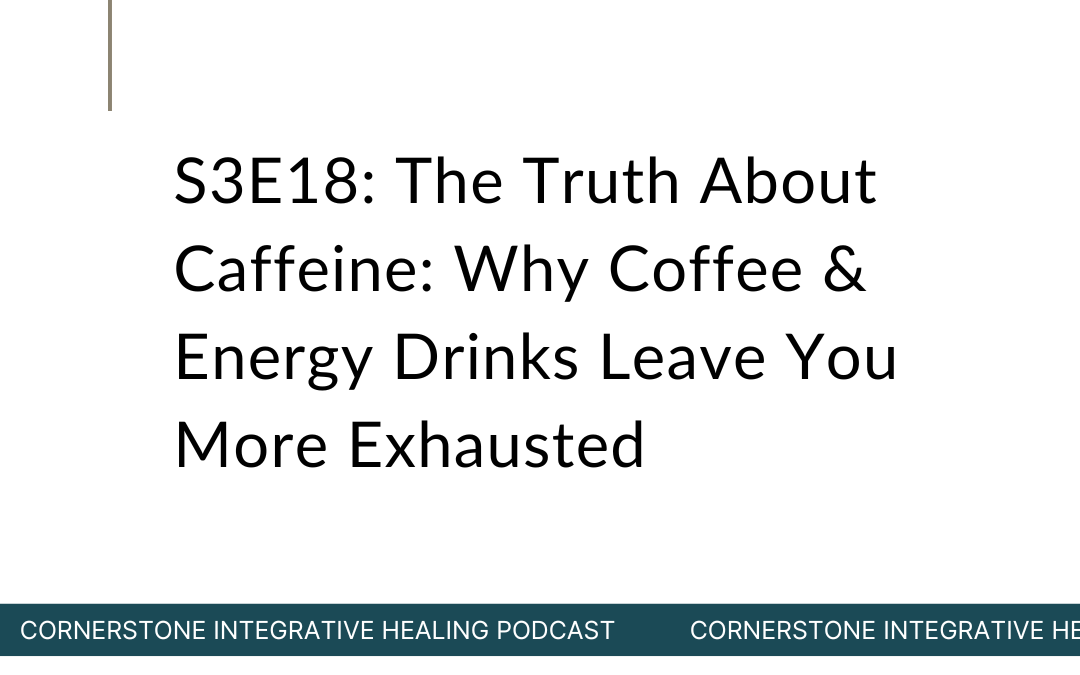We’ve all reached for that cup of coffee or energy drink to kick-start our day, but have you ever wondered if these quick fixes might be leaving you more exhausted in the long run? While caffeine may give you a short-term boost, it can also contribute to energy crashes, disrupt your sleep, and even mess with your body’s natural rhythms. Let’s dive into why caffeine might not be the energy solution we think it is.
Caffeine: Borrowed Energy
Caffeine works by tapping into your body’s stored energy, primarily from your adrenal glands. It’s like borrowing energy from tomorrow, and while it may give you an immediate boost, it can leave you feeling drained later. Over time, if you rely on caffeine too much, you may find it’s not as effective—and that’s because your body’s natural reserves are running low.
Caffeine and the Stress Response
Caffeine triggers the release of adrenaline and cortisol, the hormones that signal your body to “go, go, go.” While this might feel motivating at first, it can keep your body stuck in a constant state of stress or “fight or flight.” This can lead to anxiety, jitteriness, and trouble calming down later, especially if you haven’t fueled your body properly with a balanced breakfast.
Energy Drinks: A Recipe for Trouble
Energy drinks often combine caffeine with high amounts of sugar, additives, and artificial colors. This sugary combo can spike your blood sugar and leave you feeling even more fatigued once it crashes. It’s important to be mindful of how frequently you consume these drinks, especially with the rising concerns over heart issues in younger people due to their high caffeine and sugar content.
Do you struggle with fatigue? Take our quiz and find out where your low energy may be coming from!
Caffeine’s Impact on Sleep
Even if you’re not having your caffeine fix too late in the day, caffeine’s half-life means it can stay in your system for hours, disrupting your sleep. If you struggle with restlessness or poor sleep quality, it could be worth considering when and how much caffeine you consume, and whether your morning cup is part of the problem.
Fueling Your Body the Right Way
If you find yourself relying on caffeine to make it through the day, it might be a sign your body needs more support. Start by ensuring you’re eating a nutrient-dense, protein-rich breakfast within the first hour of waking. This can help balance your blood sugar and stabilize your energy levels, reducing the need for that afternoon coffee or energy drink.
Caffeine isn’t inherently bad, but it’s important to use it responsibly. If you love your coffee, opt for varieties that support your body, like those balanced with adaptogens. Just remember, proper fueling and managing stress are essential to maintaining consistent energy levels without relying on caffeine to push you through. So, take a step back and reassess how you’re using caffeine—your energy reserves (and your body) will thank you!


